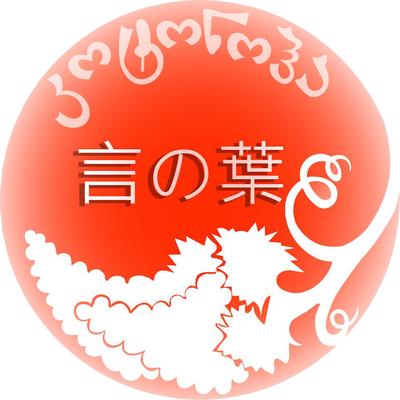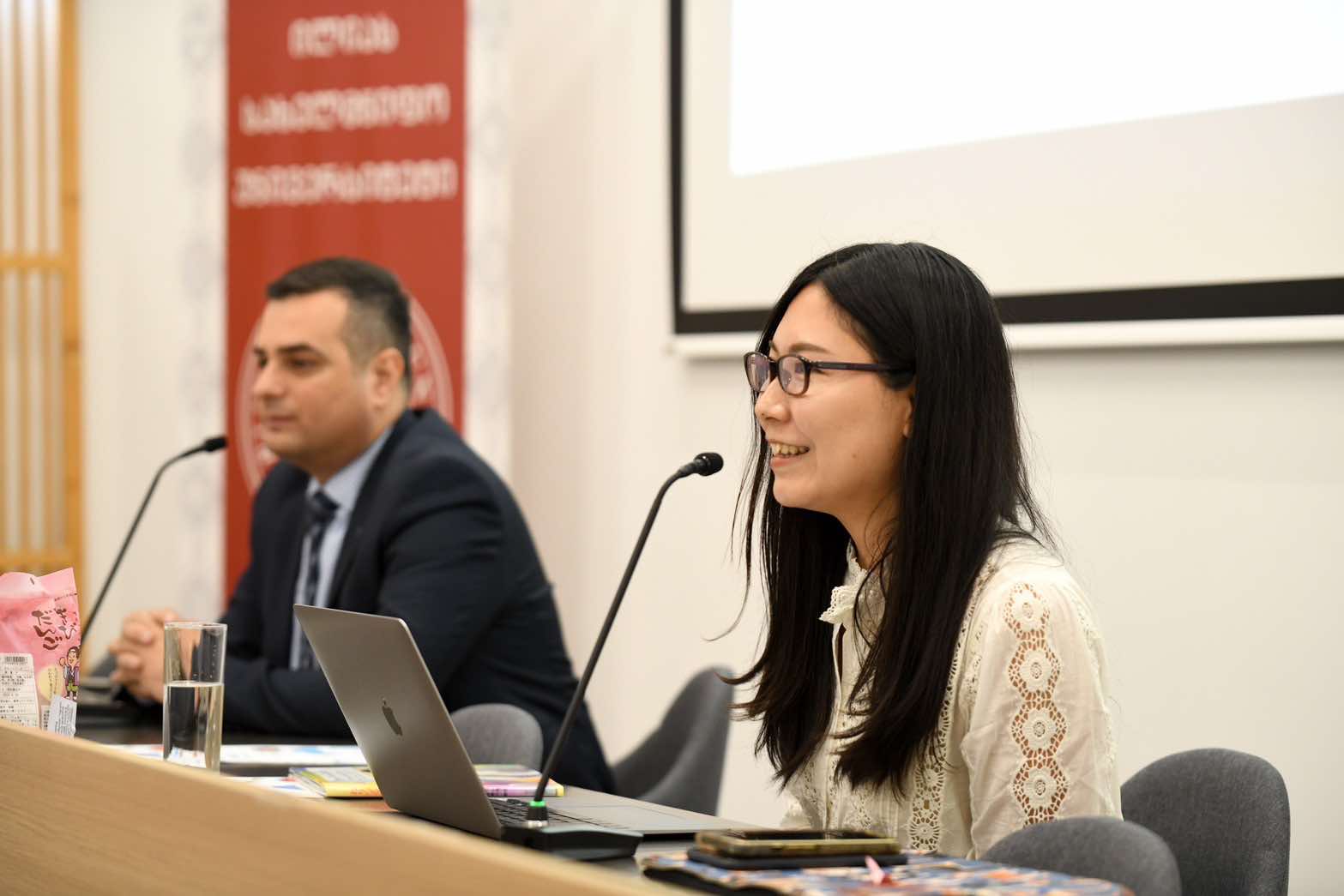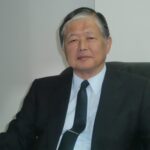【Profile】 Completed Japanese language education at a professional graduate school. After teaching Japanese at universities in the United States, China, and Japan, she was dispatched to Ilia State University from 2023 to 2025.
What brought you to Georgia? And what was your first impression when you arrived?
Risa Uchida:
Before coming to Georgia, I was already working in Japanese language education. After teaching Japanese in the United States and China, I worked in Japanese language education at a university in Japan for about five years. During that time, many of my colleagues were working as Native Japanese Language Teacher overseas through the Japan Overseas Cooperation Volunteers, and I wanted to gain experience as well. Among the various countries that were potential destinations, I became interested in Georgia. Although I knew nothing about Georgia, I thought that precisely because it was a country I knew nothing about and would not have the opportunity to visit otherwise, I wanted to go there and engage in Japanese language education.
There is not much information about Georgia on the internet, but when I arrived, I thought it was a very beautiful country. The university where I would be working is located in the center of Tbilisi, the capital of Georgia, and I was impressed by the many magnificent buildings in the area.
What kind of activities did you engage in as a Native Japanese Language Teacher at Ilia State University?
Risa Uchida:
The Japanese language course at Ilia State University, where I worked as a Native Japanese Language Teacher, is relatively new, and there were only two levels of students studying Japanese: beginner and intermediate. I conducted Japanese language classes that included communication, as well as classes on Japanese culture. Additionally, depending on the time of year, I also conducted classes to prepare for the JLPT (Japanese Language Proficiency Test).
Although the number of students was not large, some students continued to study on their own outside of class and had a high level of Japanese proficiency despite only having a few years of study.
You have taught Japanese in other countries as well. Were there any differences in Japanese language education between Georgia and other countries?
Risa Uchida:
Besides Georgia, I have taught Japanese in the United States, China, and Japan. The biggest difference is the number of native Japanese teachers.
Japanese language education varies depending on the country and the university where it is taught. For example, in the United States, where English as a second language acquisition is popular, many approaches were applied to Japanese. In China, not only are there many teachers and students of Japanese, but learning kanji is relatively easy for Chinese speakers, so the speed of learning kanji was faster. At the university where I taught in Japan, there were also textbooks created independently by the university.
In Georgia, there are very few native Japanese teachers. It was common for Georgian teachers to teach Japanese in Georgian. Nevertheless, it was very encouraging to see that there are several universities in Georgia where dedicated teachers proficient in Japanese are working hard to teach the language.
Have you had any memorable experiences while teaching Japanese in Georgia for two years?
Risa Uchida:
What stands out in my memory is the Georgian people’s interest in Japan. In Japan, there is not much information about Georgia. On the other hand, in Georgia, many people are genuinely interested in Japanese culture, history, and the values and ways of thinking of Japanese people. Additionally, there is a high enthusiasm for learning Japanese. I was surprised to find that Japanese is taught not only at universities but also at language schools.
What do you think is necessary for Japanese language education to spread further in Georgia?
Risa Uchida:
Japanese language education in Georgia is supported by Georgian teachers, as there are very few native Japanese teachers. Therefore, I believe it would be even better if there were more opportunities for Japanese people to support Japanese language education in Georgia.
Moreover, increasing exchanges between Japanese and Georgian people is also important. In Japan, there is still little knowledge about Georgia. While many people in Georgia are interested in Japan and have a positive view of it, it is also true that Japan has its negative aspects. To understand the true nature of Japan, I hope that many Georgians will come to Japan and see it with their own eyes. I also hope that opportunities for studying abroad will increase. When people visit the country and interact more, it will further motivate them to learn the language.



